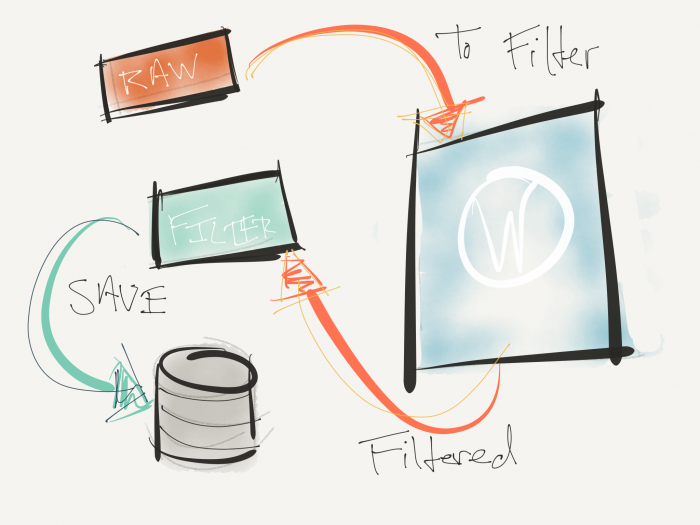For as long as I’ve written on this blog, I’ve always approached it with the perspective that this is my content all based on my experience. And given that the blog tied to my name in the domain, it seemed to make sense.

This site, as it were, back in 2010, courtesy the WayBack Machine.
However, the longer I’ve worked within the WordPress economy, the more people I’ve met who are doing some really incredible things with it. Some people are building some really cool plugins and themes for it while others are building tools specifically for those building said plugins and themes.
And as I’ve mentioned numerous times throughout the year, there are some changes coming to this blog – all for the better, of course (at least that’s the goal) – and the first change I’m looking to introduce is to begin offering sponsored posts.

